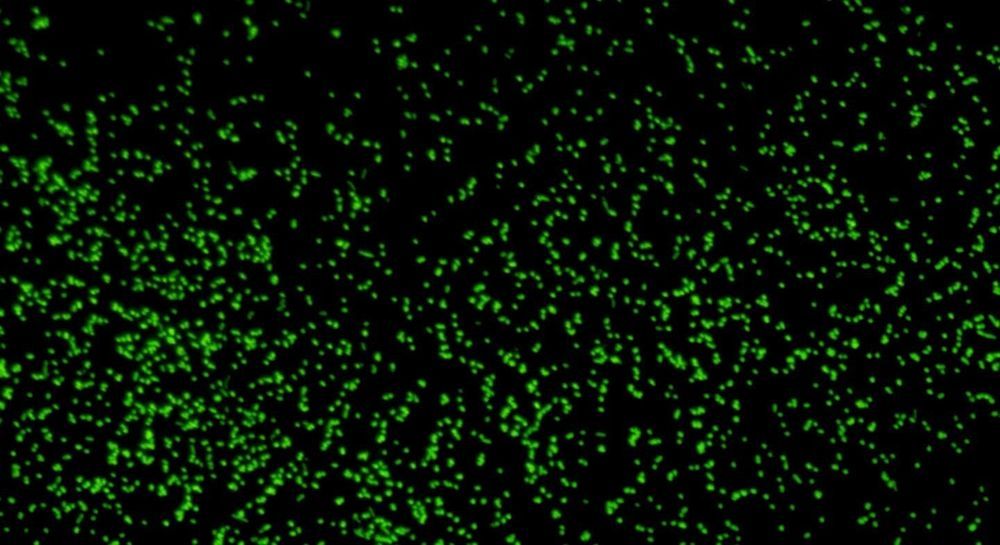For decades, scientists have gathered ancient sediment samples from below the seafloor to better understand past climates, plate tectonics and the deep marine ecosystem. In a new study published in Nature Communications, researchers reveal that given the right food in the right laboratory conditions, microbes collected from sediment as old as 100 million years can revive and multiply, even after laying dormant since large dinosaurs prowled the planet.
The research team behind the new study, from the Japan Agency for Marine-Earth Science and Technology (JAMSTEC), the URI Graduate School of Oceanography, the National Institute of Advanced Industrial Science and Technology, the Kochi University and Marine Works Japan, gathered the ancient sediment samples ten years ago during an expedition to the South Pacific Gyre, the part of the ocean with the lowest productivity and fewest nutrients available to fuel the marine food web.
“Our main question was whether life could exist in such a nutrient-limited environment or if this was a lifeless zone,” said the paper’s lead author Yuki Morono, senior scientist at JAMSTEC. “And we wanted to know how long the microbes could sustain their life in a near-absence of food.”










Comments are closed.